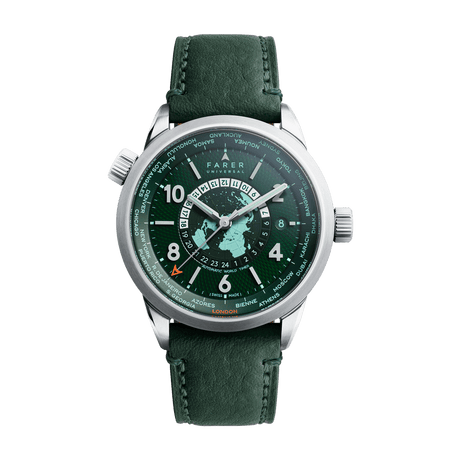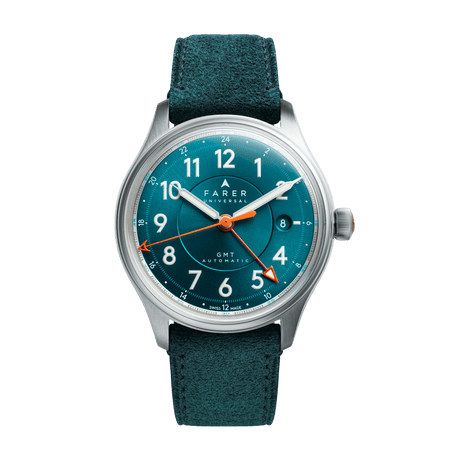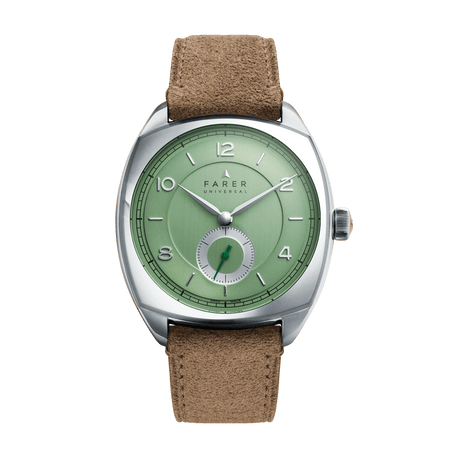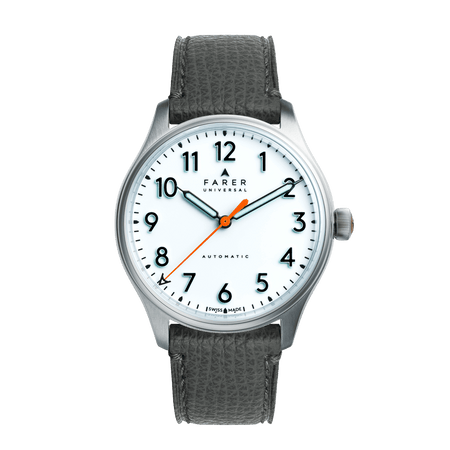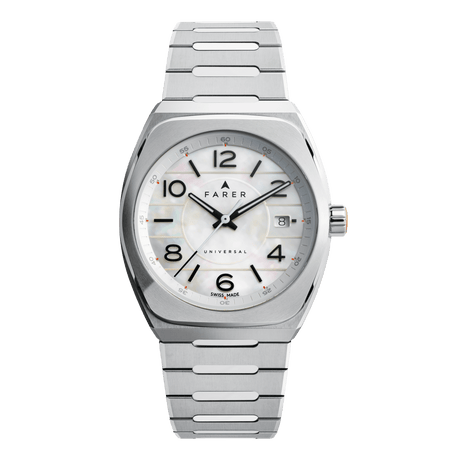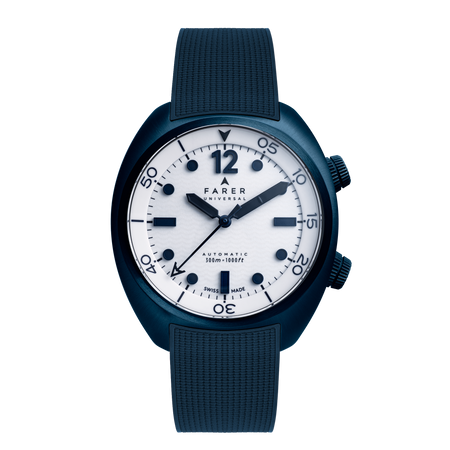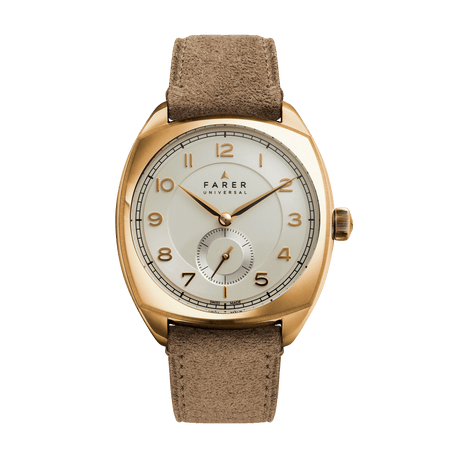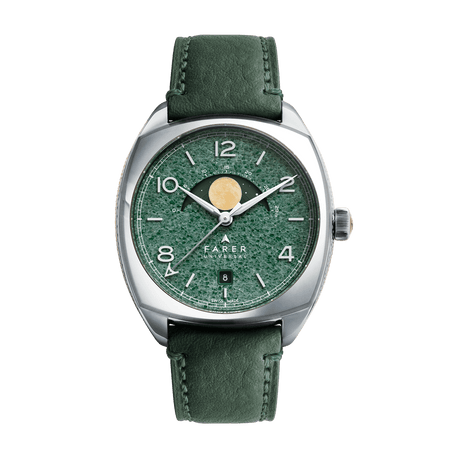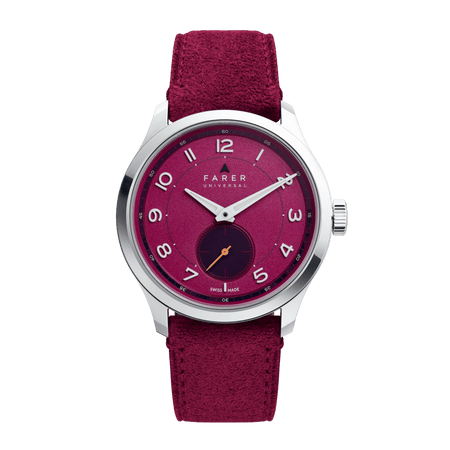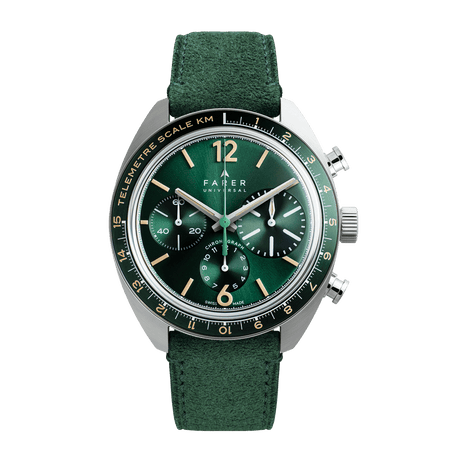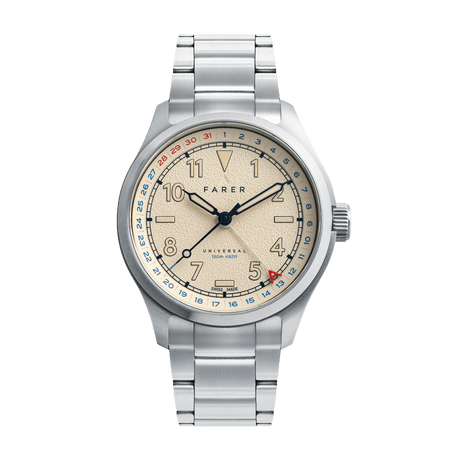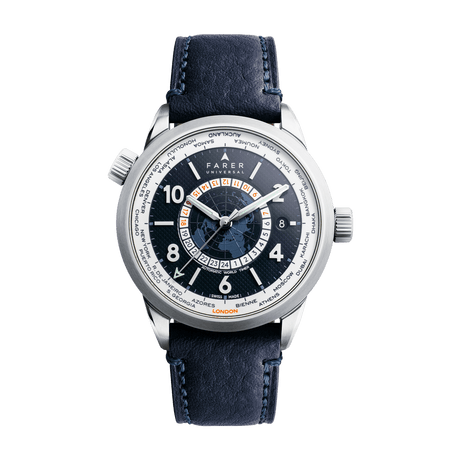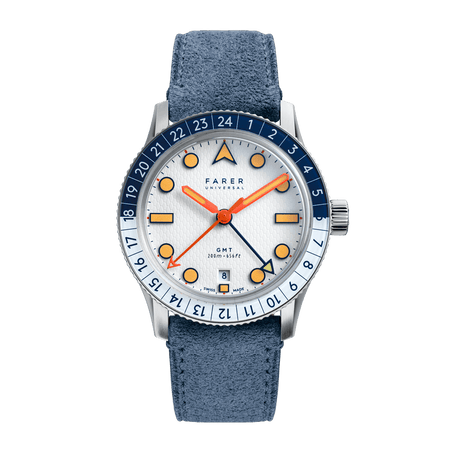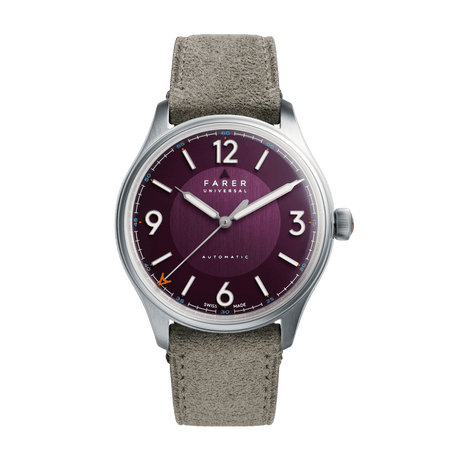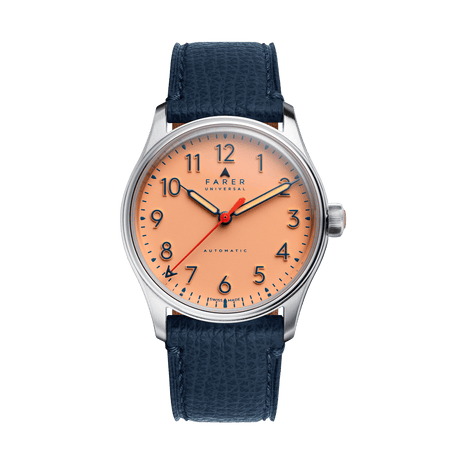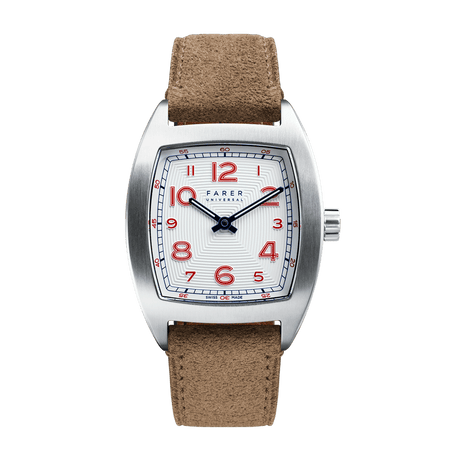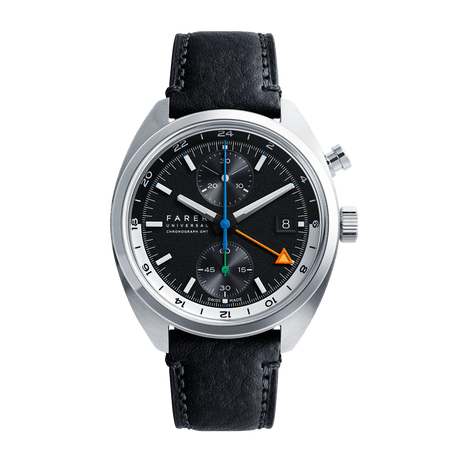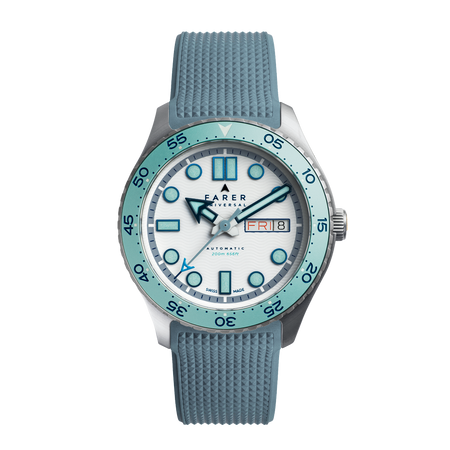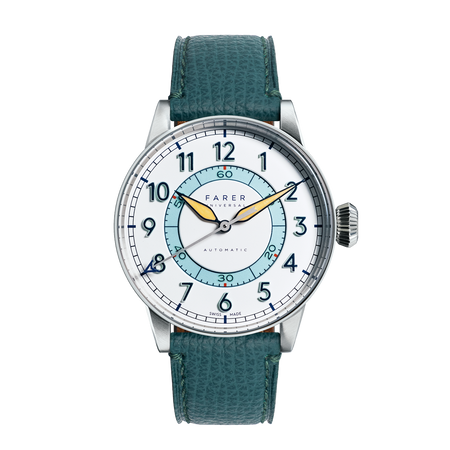Rickman Metisse Mk3: A Great British Bike
As popular today as it was with Steve McQueen, we take the legendary Rickman Metisse Mk3 for a ride.
 If it's good enough for Steve McQueen, it's good enough for anyone, whether you're talking clothes, cars, or motorcycles. That icon of discerning, effortless style was a fan of the Rickman Metisse, a now-legendary British-born two-wheeler which first emerged in the late 1950s.
If it's good enough for Steve McQueen, it's good enough for anyone, whether you're talking clothes, cars, or motorcycles. That icon of discerning, effortless style was a fan of the Rickman Metisse, a now-legendary British-born two-wheeler which first emerged in the late 1950s.
Back then, it was a technically-superior bike, full of innovative advances. And while it may no longer be at the cutting-edge in tech terms, what remains unchanged is the esteem in which the bike is held. Not only is each model still hugely sought-after, they are still every bit as eye-catching and memorable to look at, as when they first rolled off the production line.
But most important of all, they're still a joy to ride. We took one out for a spin recently: a Mk3 model, dating from the mid-1960s, as famous for its racing success and it's cult status with the likes of McQueen. This, after all, is a bike which won motocross events like the Moto Cross des Nations, not to mention countless 250cc and 500cc Grand Prix at home and abroad.
We took one out across the roads in a remote part of Scotland - we had to travel that far to get our hands (and the rest of our bodies) on one - and the first things to hit home were the handling and the sound.
Built for racing, the bike is a joy to handle. It corners like a dream. It's responsive and subtle. It feels somehow both incredibly lively and completely controllable at once. It is bike which seems to be forever encouraging you to go that little bit faster. It was all we could do to restrain ourselves and stay well-behaved.
We managed it, but no thanks to the symphony in metal that is the engine noise. It howls, it growls - it even screeches occasionally - and every rumble and roar is felt. It feels like a vital and relevant machine in 2016; quite how it must have felt in the 1960s is mind-boggling.
After an hour or so on the Mk3, it's clear why, despite the growing popularity and improved engineering from Japanese motorcycle manufacturers that took place throughout the ’80s and ’90s, the status of Metisse bikes remained so high. There is a hand-built, expertly-engineered quality to them - an intangible but very real feeling that love and obsession, rather than automated, computerised precision, has helped build each one.
Brothers Derek and Don Rickman - both successful motocross riders, and the men responsible for starting the Metisse story - would almost certainly agree. As they would with our instruction: to seek out one of these memorable bikes at the earliest opportunity.
